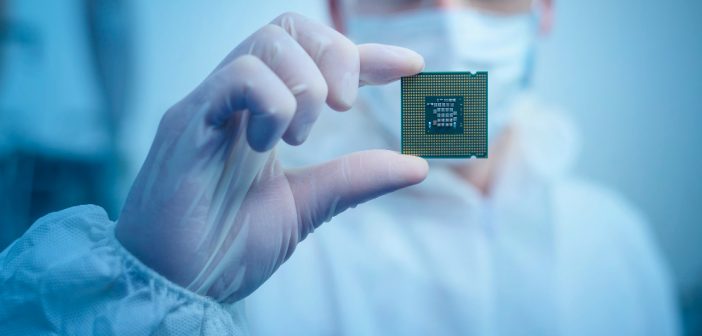Biomedical engineers manufacture medical devices for use in health facilities. This article discusses the their role in hospitals, how to become one and career opportunities in the field.
Health care professionals make a clinical diagnosis and treat patients using complex medical devices. These medical devices include both internal medical devices like cardiac pacemakers, implants, and external devices such as dental prostheses and instruments like defibrillators, etc.
Biomedical engineering involves the use of engineering principles to produce health care devices. These medical devices are used in the diagnosis and treatment of patients in hospitals.
What does a biomedical engineer do?
Biomedical engineers work with a team and with medical professionals to design, research and create medical devices. They work in a hospital, research institutes, pharmaceutical companies or government agencies. They typically work full-time because of their responsibilities. Their duties include the following:
- Innovate and design new medical products.
- Install medical equipment in health facilities
- Repair damaged medical devices.
- Train medical practitioners on how to operate complex medical instruments.
- Ascertain the efficacy and safety of medical devices.
- Writing reports and other technical documents.
How to hire a biomedical engineer
To hire a full time biomedical engineer, write a job description that states your application requirements for screening purposes. However, if you are interested in a part time or freelance biomedical engineer, you can hire top rated freelance biomedical engineers with a doctorate degree on freelance platforms like Kolabtree.
Qualifications and skills
Biomedical engineers take science subjects such as advanced maths, biology, chemistry and physics. They are expected to be proficient with numbers and calculations. They are trained in a college-based program and they are awarded a biomedical engineering degree upon graduation. They undergo internship training in a health facility, medical research firm, or pharmaceutical company where they acquire practical skills required on the job. They need the following skills to perform their duties:
- Communication skills: This skill is essential because they are involved in training medical professionals on how to use technical medical devices. Also, they communicate their discoveries from periodic research studies to health care stakeholders.
- Quantitative skills: Biomedical specialists with statistics and data analysis during the course of their work. Quantitative skills are necessary for accurate data analysis necessary to make decisions.
- Problem-solving skills: Medical device engineers face lots of challenges during the development of medical devices. Problem-solving skills empower them to create innovative solutions.
- Project management: The production of medical products especially in a research institution may require the coordination of many activities such as compliance, instrumentation, etc., which means that these engineers step in as project leaders in some settings.
- Interpersonal skills: Manufacturing medical devices and working in medtech involves teamwork and close coordination among all those involved, which requires strong interpersonal and communication skills.
Biomedical engineer salary
The United States of America Bureau of Labour and Statistics estimates that the average annual salary for biomedical engineers is $98,200.This amount may vary based on the type of employer and the experience level of the biomedical engineer.
Career opportunities
The biomedical engineering field is projected to grow by 5% between 2019 to 2029. With the rapid integration of technology into healthcare, their services will continue to rise in the future. Biomedical engineers pursue advanced degrees to specialize in a particular field of biomedical engineering. They may either earn a master’s or doctorate degree and can specialize in the following areas:
Biological instrumentation: This specialty is focused on creating medical instruments for diagnostic and treatment purposes.
Biomedical imaging: These engineers create medical equipment such as computer tomography machines, magnetic resonance imaging machines, radiography machines etc for radio imaging diagnosis.
Bioinformatics: Bioinformatics specialists create medical software required for analyzing and interpreting medical data.
Robotics: Robotics engineers create robots used by surgeons for surgery and other interventions in hospitals.
Conclusion
Biomedical engineers create and supply medical devices that help medical professionals to discharge their duties in health facilities. They work in big research institutes and health facilities where they train medical doctors how to use technical medical equipment and also repair damaged ones. Their services will continue to rise as medical doctors need their innovative medical products to treat complicated medical conditions.







